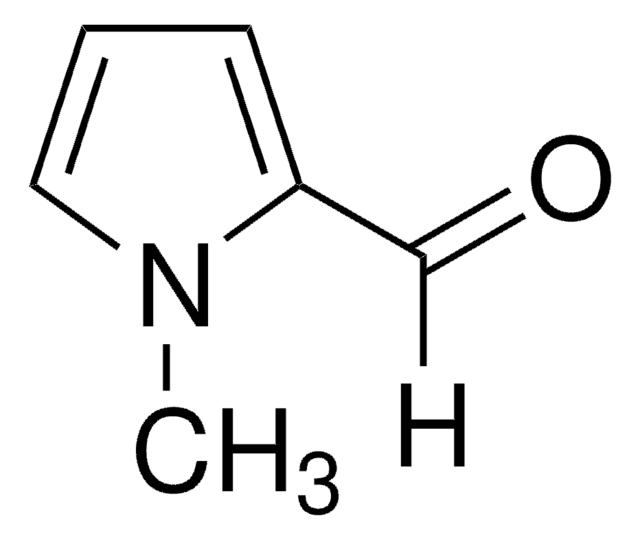241369
2-Phenylpropionaldehyde
98%
Sinónimos:
2-Phenylpropanal, Hydratropaldehyde
About This Item
Productos recomendados
assay
98%
form
liquid
refractive index
n20/D 1.517 (lit.)
bp
92-94 °C/12 mmHg (lit.)
density
1.002 g/mL at 25 °C (lit.)
storage temp.
2-8°C
SMILES string
[H]C(=O)C(C)c1ccccc1
InChI
1S/C9H10O/c1-8(7-10)9-5-3-2-4-6-9/h2-8H,1H3
InChI key
IQVAERDLDAZARL-UHFFFAOYSA-N
¿Está buscando productos similares? Visita Guía de comparación de productos
application
Storage Class
10 - Combustible liquids
wgk_germany
WGK 1
flash_point_f
174.2 °F
flash_point_c
79 °C
ppe
Eyeshields, Gloves, type ABEK (EN14387) respirator filter
Certificados de análisis (COA)
Busque Certificados de análisis (COA) introduciendo el número de lote del producto. Los números de lote se encuentran en la etiqueta del producto después de las palabras «Lot» o «Batch»
¿Ya tiene este producto?
Encuentre la documentación para los productos que ha comprado recientemente en la Biblioteca de documentos.
Los clientes también vieron
Nuestro equipo de científicos tiene experiencia en todas las áreas de investigación: Ciencias de la vida, Ciencia de los materiales, Síntesis química, Cromatografía, Analítica y muchas otras.
Póngase en contacto con el Servicio técnico










